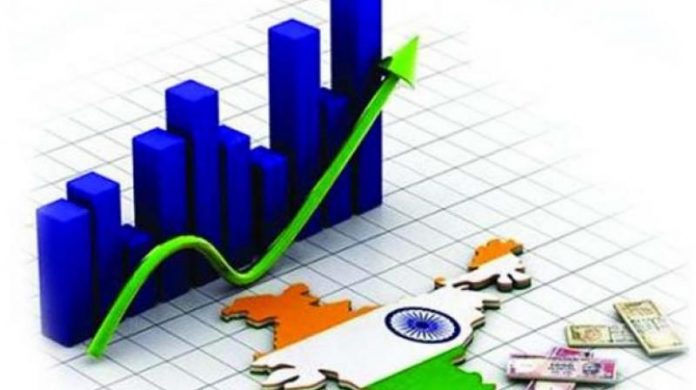A Reuters poll of economists has reported that India remains the fastest growing major economy in the world last quarter, with growth kept afloat by an improved performance in manufacturing and services.
Prime Minister Narendra Modi’s announcement on demonetisation drive, with the ban on high-value currency notes last year, that took the nation by shock, had a major short-term impact on demand but private and public consumption has recovered.
The median forecast from a poll of 35 economists showed the economy grew 7.1 percent annually in the first three months of this year. Forecasts ranged from 6.5 to 7.8 per cent. Annual growth was 7.0 percent in the quarter ending December, and 7.9 percent in the January-March quarter last year.
“The demonetisation drive barely impacted the economic momentum in the second half of FY’17. Most of the high-frequency indicators showed only a marginal slowdown and were quick to recover,” said Tushar Arora, senior economist at HDFC Bank.
India’s industrial yield has ascended 2.7 percent in March from a year earlier, beating the median consensus of 1.5 percent growth according to the poll.
Factory and services activity expanded for most of the first quarter of 2017, rising to a five-month high in March, indicating the effects from demonetisation were short lived.
This momentum in economic growth was partly driven by favourable domestic factors, including a significant improvement in the transmission of past central bank policy rate reductions into banks’ lending rates, encouraging investment.
In addition, infrastructure spending is expected to support growth, as will higher agricultural output if the monsoon rains prove favourable.
The economy is also expected to benefit from the introduction of a nationwide goods and sales tax (GST), bringing an end to the era of multiple state sales taxes, making trade in India easier. The new tax regime will be functioning from July 1, 2017.
“The GST will boost Indian GDP at least by 100-150 basis points. It won’t happen right after July 1, but probably by the end of FY18,” said Karan Mehrishi, lead economist at SMERA Ratings Limited.








